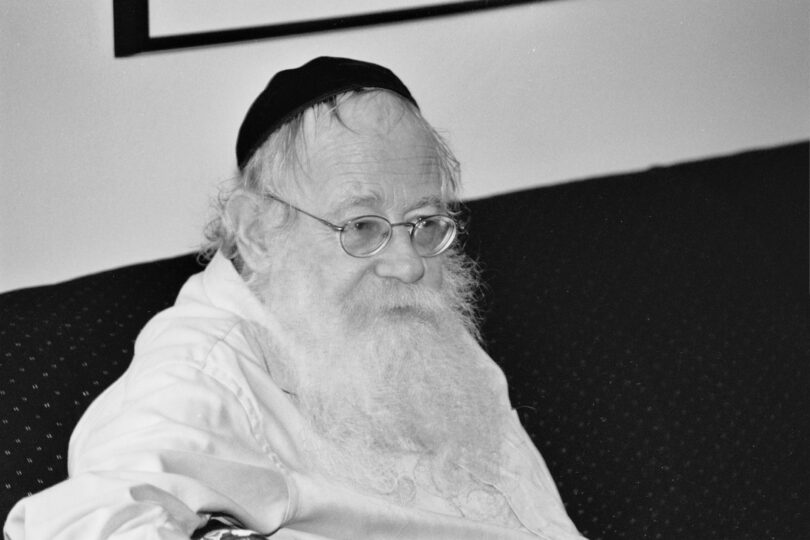Soul-searching is a long and complex process, requiring a certain amount of preparation, or at least a tacit assumption of doubt, insecurity, the need for review and revision, and the need to reassess one’s life.
This awareness of the need for review is an essential condition of soul-reckoning.
Even within the normal routine of daily life, most people do make some kind of accounting, which, as often as not, contains a basic defect that reveals itself only under the most scrupulous examination.
Soul-searching carried out in the rough-and-tumble of active life, without pausing or leaving room for reciprocity, may be fundamentally incorrect.
The summing-up may be accurate, the calculations precise, but what is considered as credit is actually debit, and what the arithmetic books define as profit proves in reality to be loss; that which seems clear and straightforward is revealed as a futile dream.
Errors of this sort, which are, of course, more than mere errors of arithmetic, are not revealed by a routine accounting process.
In other words, as long as the matter in question is assessed on the basis of the same fundamental assumptions with which one started out, the errors in the account will remain standing until some disaster occurs to reveal the defect.
People do not make mistakes over “petty cash,” the adding up of the pennies of the daily round.
Here, a reasonable degree of accuracy is maintained.
What is more, the very fact of routine, of methods and systems used in this kind of accounting, makes it possible for it to function regardless of the existence of some fundamental error.
Whereas small mistakes are quickly discovered, and as quickly rectified, the fundamental error produces a whole complex, interdependent structure, which in its own confined sphere becomes a law unto itself.
The fundamental error thus contains its own feedback mechanism, which serves to reinforce and verify it.
Soul-searching, on the other hand, obliges one to look afresh at those things that seem to be whole, good, and beautiful.
–Rabbi Adin Steinsaltz

